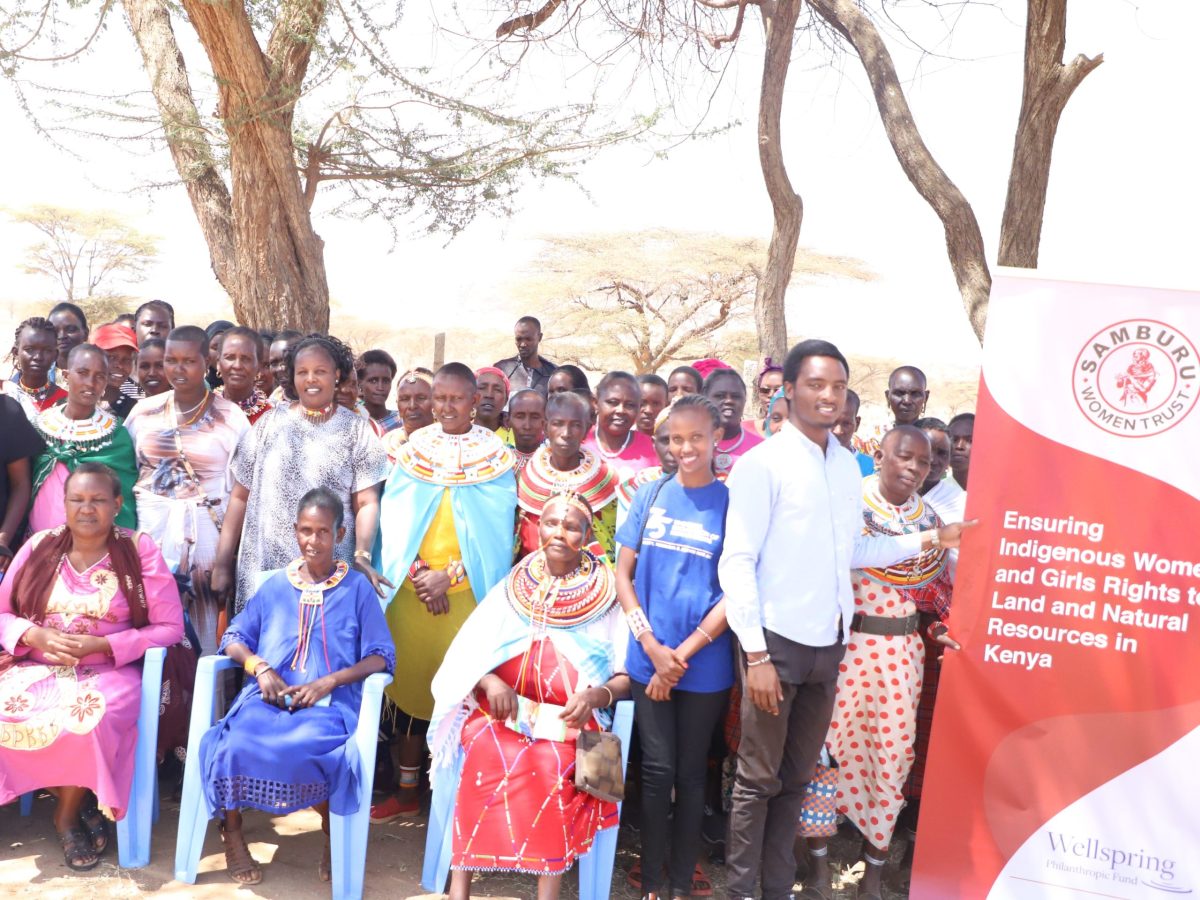Indigenous communities have been subjected to devastating impacts of climate change, conflicts, droughts and threats for displacements from their ancestral lands by government agencies to pave way for development projects.
SWT focuses on mechanisms driven by indigenous people to address inclusive communal land ownership and management, climate justice, and sustainable solutions.
To enhance the participation and inclusion of indigenous women in key decision-making processes on land, climate change and natural resource governance, we employ several strategies. These include conducting structured community awareness forums on the Community Land Act 2016, targeting elders, women, people with disabilities, and youth. we also hold community meetings on governance and natural resource management, organize and facilitate forums on membership rights and development, train Community Land Management Committees (CLMCs), demonstrate community boundaries through sketch maps, update community membership registers, hold final by-laws review meetings, and conduct by-laws adoption meetings and elections for interim Community Land Management Committees.
Samburu Women Trust has been directly working with indigenous communities for nearly a decade to promote community land protection and safeguard land tenure in indigenous communities. We have successfully supported fifteen communities in these counties to file historical land injustice claims in collaboration with the National Land Commission (NLC). These claims have met the eligibility requirements set by the NLC, and investigations have begun into the historical land injustices inflicted upon these communities by successive government regimes. In the case of Kirimon, a final judgment and ruling have been made through a presidential decree, granting land ownership to the community. Other cases, such as those in Isiolo, are still pending. SWT plays a critical facilitating role by organizing communities, covering legal fees, organizing information-sharing sessions, catering to litigation costs, and supporting communities in submitting applications for land registration. We also strengthen community land management and governance structures, with several communities in the process of registering their land and securing title deeds.

